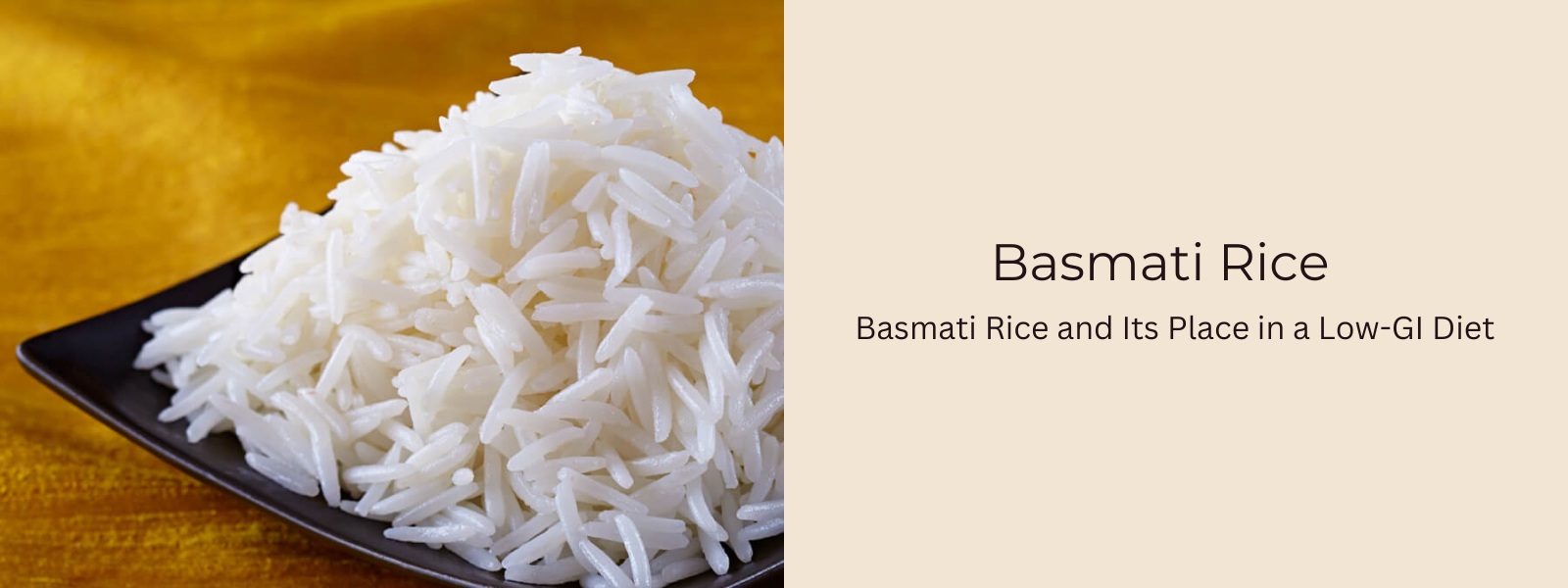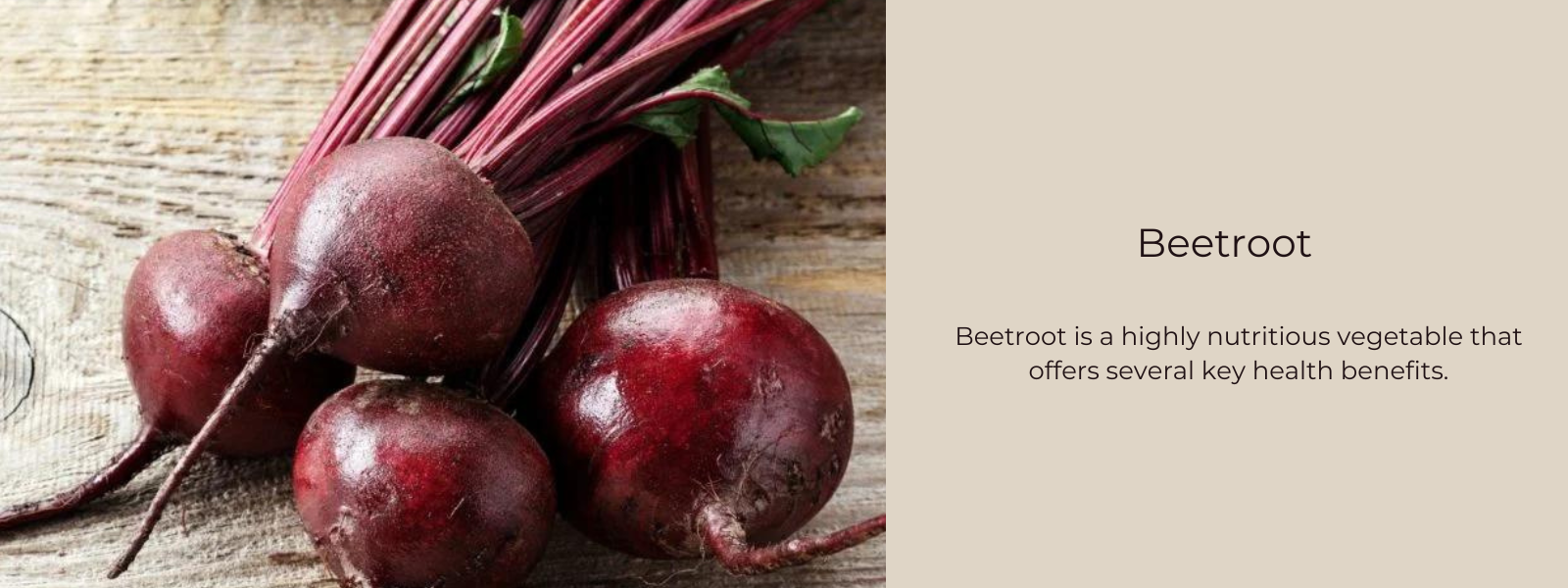Grapes may be small, but they pack a serious punch when it comes to health benefits. These juicy, bite-sized fruits have been enjoyed for thousands of years, not just for their sweet flavor, but also for their significant nutritional value. From the heart-healthy polyphenols to powerful antioxidants, grapes are more than just a tasty snack—they can contribute to better cardiovascular health, support longevity, and even help prevent certain chronic diseases.
In this guide, we'll dive deep into the various health benefits of grapes, explore their nutritional profile, and discuss how you can incorporate these tiny fruits into your daily diet for optimal health.
Table of Contents
- 1. Nutritional Profile of Grapes
- 2. Heart Health: Protecting Your Cardiovascular System
- 3. Rich in Antioxidants: Slowing the Aging Process
- 4. Supports Longevity: Anti-Inflammatory and Disease-Fighting Properties
- 5. Digestive Health: A Natural Source of Fiber
- 6. Weight Management: Low-Calorie and Nutrient-Dense
- 7. Why Grapes are Great for Weight Management
- 8. Improves Eye Health: A Vision-Friendly Fruit
- 9. Supports Immune Function: A Natural Immune Booster
- 10. How to Incorporate Grapes into Your Diet
- 11. Conclusion: Grapes for Heart Health and Longevity
Nutritional Profile of Grapes
Grapes are a rich source of essential vitamins, minerals, and antioxidants. Here’s what you’ll find in one cup (151 grams) of grapes:
- Calories: 104
- Carbohydrates: 27 grams
- Protein: 1 gram
- Fiber: 1.4 grams
- Vitamin C: 27% of the Recommended Daily Intake (RDI)
- Vitamin K: 28% of the RDI
- Vitamin B6: 6% of the RDI
- Potassium: 8% of the RDI
- Antioxidants: High levels of flavonoids, resveratrol, and quercetin
Grapes are low in calories and fat but loaded with vitamins and antioxidants that promote overall health and well-being.
Heart Health: Protecting Your Cardiovascular System
One of the most well-known benefits of grapes is their ability to support heart health. They contain polyphenols, including resveratrol, which have been extensively studied for their heart-protective properties.
How Grapes Benefit Heart Health:
- Reduces Blood Pressure: The potassium in grapes helps regulate blood pressure by balancing out the negative effects of sodium.
- Improves Blood Flow: Resveratrol improves the function of blood vessels, ensuring that blood flows efficiently through the cardiovascular system, which reduces the risk of heart disease.
- Prevents Blood Clots: The polyphenols in grapes help prevent the formation of blood clots, which can lead to heart attacks or strokes.
- Lowers Cholesterol Levels: Resveratrol also helps to reduce LDL (bad) cholesterol while maintaining or increasing HDL (good) cholesterol levels.
Tip:
Add a handful of grapes to your salad, or simply enjoy them as a snack to keep your heart in top condition.
Rich in Antioxidants: Slowing the Aging Process
Grapes are packed with antioxidants, which play a crucial role in protecting your body from oxidative stress. Oxidative stress can cause cellular damage, accelerate aging, and increase the risk of chronic diseases like heart disease and cancer.
Key Antioxidants in Grapes:
- Resveratrol: Known for its anti-aging properties, resveratrol helps reduce inflammation, protect cells from damage, and may even slow the aging process at the cellular level.
- Flavonoids and Quercetin: These antioxidants help neutralize free radicals, protect against oxidative damage, and promote healthy skin and tissues.
- Vitamin C: Grapes are a good source of vitamin C, which boosts collagen production, helping to maintain youthful skin and overall tissue health.
Fun Fact:
Red and purple grapes have the highest concentration of resveratrol and flavonoids, giving them a distinct advantage in antioxidant power over green grapes.
Supports Longevity: Anti-Inflammatory and Disease-Fighting Properties
The antioxidants and polyphenols in grapes don’t just protect your heart—they also play a major role in promoting longevity and reducing the risk of chronic diseases.
How Grapes Promote Longevity:
- Anti-Inflammatory Properties: Resveratrol reduces inflammation throughout the body, lowering the risk of chronic diseases such as arthritis, diabetes, and neurodegenerative diseases like Alzheimer’s.
- Cancer Prevention: The antioxidants in grapes, particularly flavonoids and resveratrol, have been shown to inhibit the growth of certain cancer cells, including those in the colon, breast, and prostate.
- Brain Health: Resveratrol has neuroprotective effects, supporting cognitive function and potentially lowering the risk of neurodegenerative diseases like Alzheimer's and Parkinson’s.
Tip:
To maximize the longevity benefits of grapes, consider consuming them regularly in their whole form, juice, or even enjoying a glass of red wine in moderation, which contains resveratrol.
Digestive Health: A Natural Source of Fiber
Although grapes aren’t as high in fiber as other fruits, they still contribute to digestive health. The fiber found in grapes helps promote regular bowel movements and prevents constipation.
Benefits of Grapes for Digestion:
- Supports Regularity: The fiber in grapes aids in digestion by promoting regular bowel movements and preventing constipation.
- Hydration for Digestion: Grapes have a high water content (about 80% water), which helps keep the digestive system hydrated, supporting overall gut health.
- Promotes Gut Health: Grapes contain compounds that help feed beneficial bacteria in the gut, which supports overall digestive health.
Tip:
Eating grapes with the skin on provides more fiber, so avoid peeling them to get the full digestive benefits.
Weight Management: Low-Calorie and Nutrient-Dense
Grapes are an excellent snack option for those looking to maintain or lose weight. They are naturally low in calories and fat while being rich in vitamins, antioxidants, and water, which makes them a filling and satisfying choice.
Why Grapes are Great for Weight Management:
- Low-Calorie Snack: One cup of grapes contains only about 100 calories, making them a guilt-free snack.
- High Water Content: Grapes are 80% water, which helps you feel fuller for longer without adding extra calories to your diet.
- Natural Sugars: Grapes satisfy sweet cravings with their natural sugars, making them a healthier alternative to processed snacks.
Tip:
Snack on frozen grapes for a refreshing and low-calorie treat that satisfies your sweet tooth.
Improves Eye Health: A Vision-Friendly Fruit
Grapes are rich in antioxidants like lutein and zeaxanthin, which are known to support eye health and prevent age-related vision problems.
How Grapes Support Eye Health:
- Prevents Macular Degeneration: The antioxidants in grapes help protect the retina from damage caused by free radicals, reducing the risk of macular degeneration as you age.
- Protects Against UV Damage: The high levels of resveratrol in grapes also protect the eyes from UV damage, which can lead to cataracts and other eye conditions.
- Improves Night Vision: The antioxidants in grapes improve overall vision, including your ability to see clearly in low light or at night.
Tip:
Incorporating grapes into your diet regularly can help protect your eyes from the harmful effects of aging and environmental damage.
Supports Immune Function: A Natural Immune Booster
The high vitamin C content in grapes makes them a great fruit for boosting the immune system. Vitamin C is essential for the production of white blood cells, which are the body’s first line of defense against infections and illness.
How Grapes Strengthen Immunity:
- Vitamin C Boost: Grapes provide a substantial amount of vitamin C, which strengthens the immune system and helps fight off colds, flu, and other illnesses.
- Anti-Inflammatory Effects: The anti-inflammatory properties of grapes help reduce chronic inflammation, which can weaken the immune system over time.
- Antioxidant Protection: Grapes’ antioxidants help protect the body from oxidative stress, which can compromise immune function.
Tip:
Including grapes in your diet during cold and flu season can help keep your immune system strong and ready to fight off infections.
How to Incorporate Grapes into Your Diet
Grapes are incredibly versatile and can be easily added to your daily meals and snacks. Here are some simple ways to enjoy grapes:
- As a Snack: Eat grapes on their own as a refreshing and portable snack.
- In Salads: Add grapes to salads for a pop of sweetness and a boost of nutrients.
- Smoothies: Blend grapes into your favorite smoothies for added flavor and nutrition.
- In Yogurt: Mix grapes into yogurt for a healthy and delicious breakfast or snack.
- Frozen Treats: Freeze grapes for a cooling, refreshing treat in the summertime.
Conclusion: Grapes for Heart Health and Longevity
Grapes are much more than a tasty fruit—they are tiny powerhouses of nutrition that support heart health, longevity, and overall well-being. Whether you’re looking to boost your heart health, improve your skin, or simply enjoy a low-calorie snack, grapes offer a wealth of benefits. Packed with antioxidants, fiber, and essential vitamins, incorporating grapes into your daily routine is an easy way to enjoy better health and a longer, more vibrant life.













Leave a comment